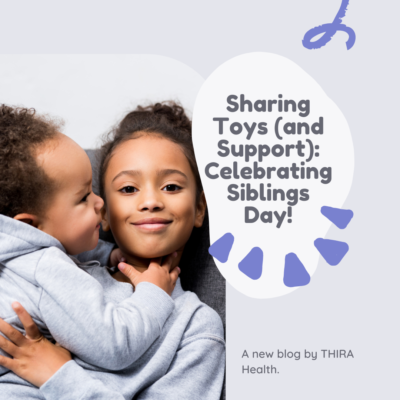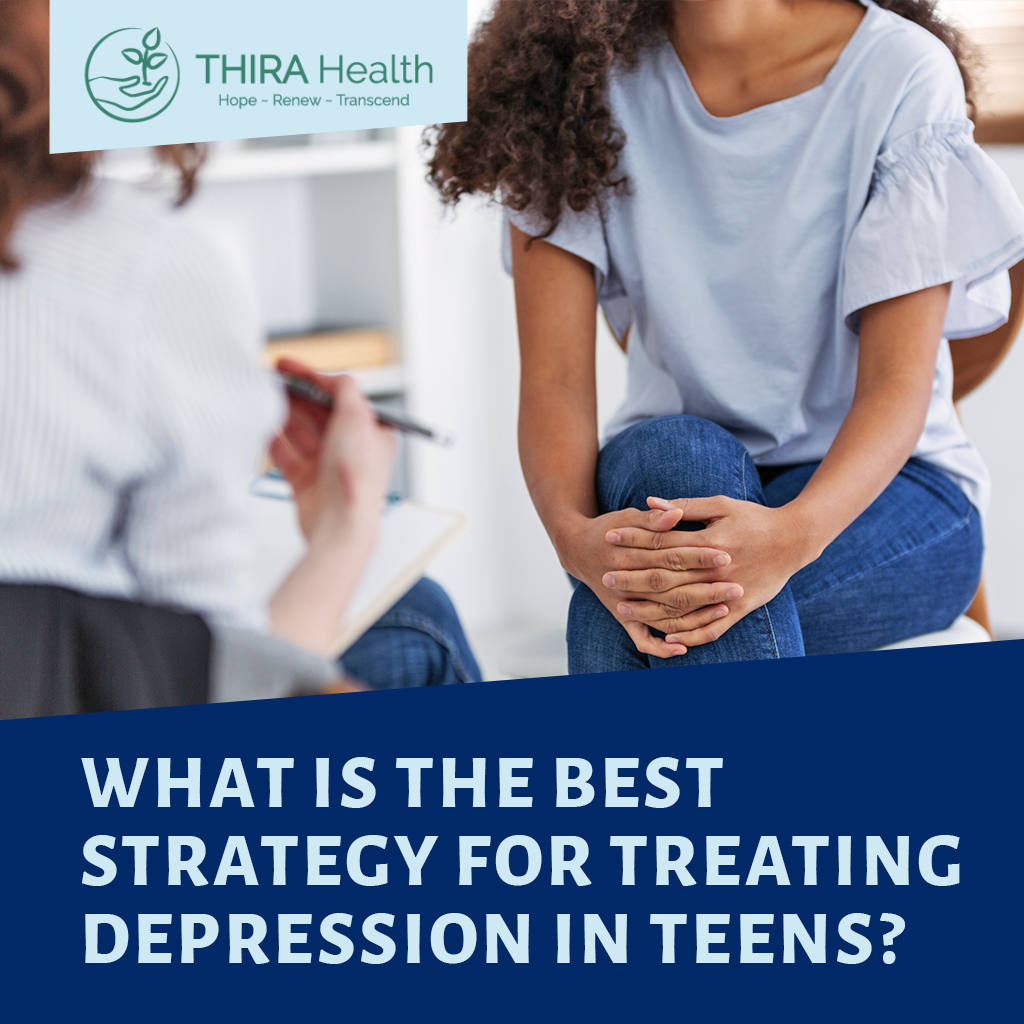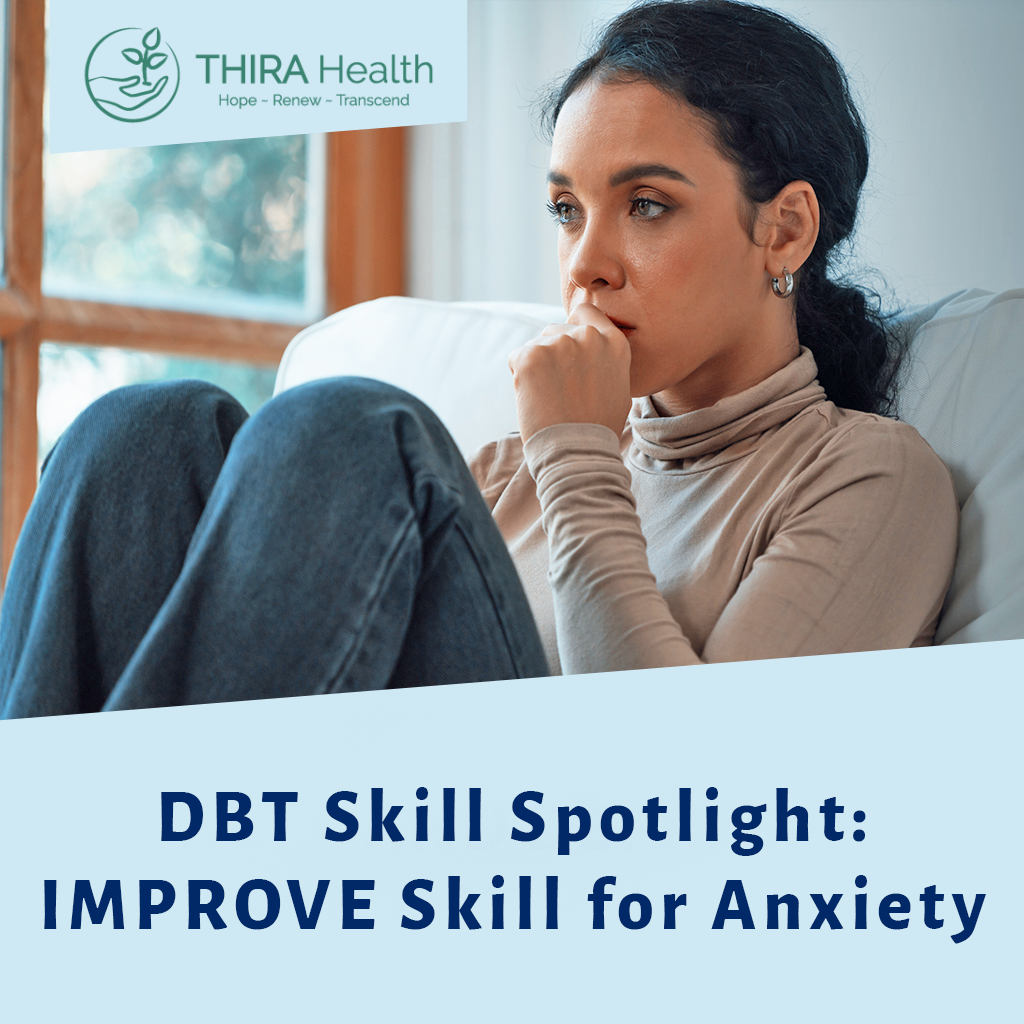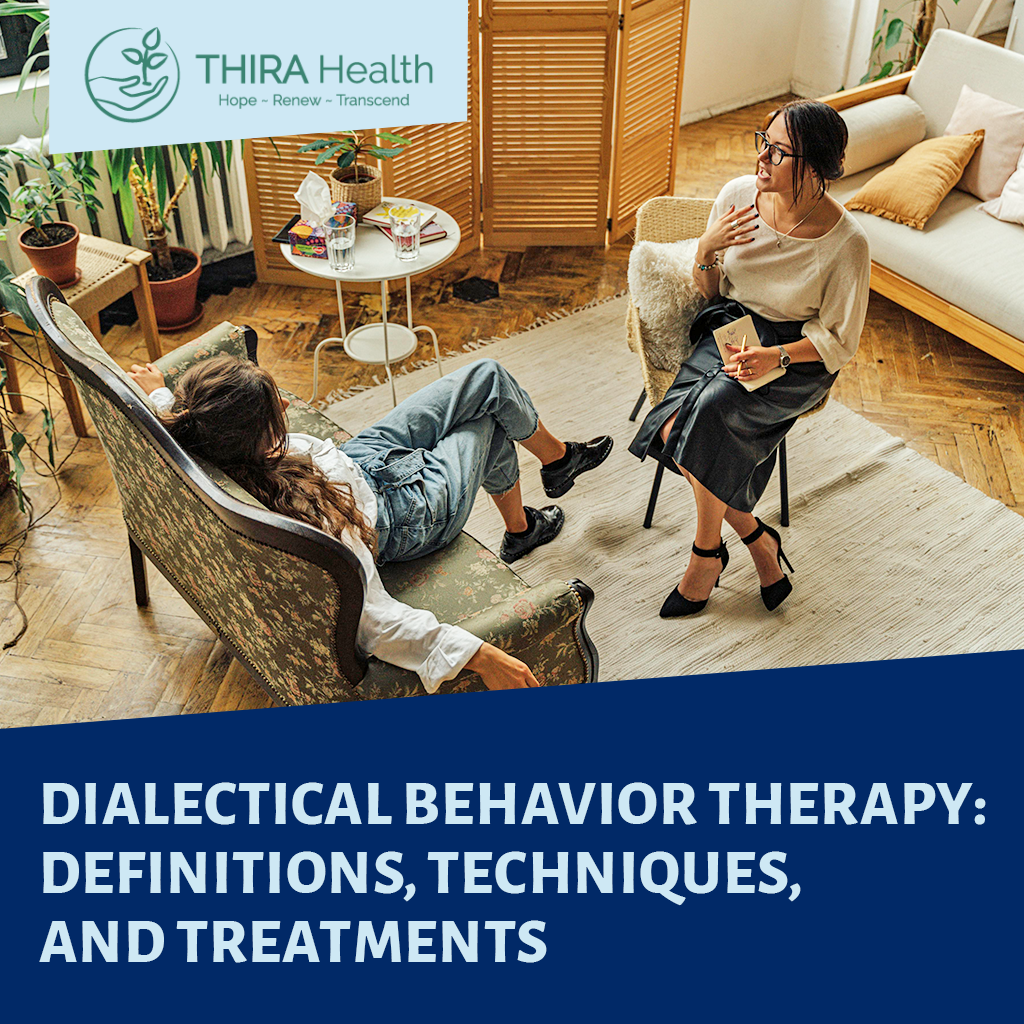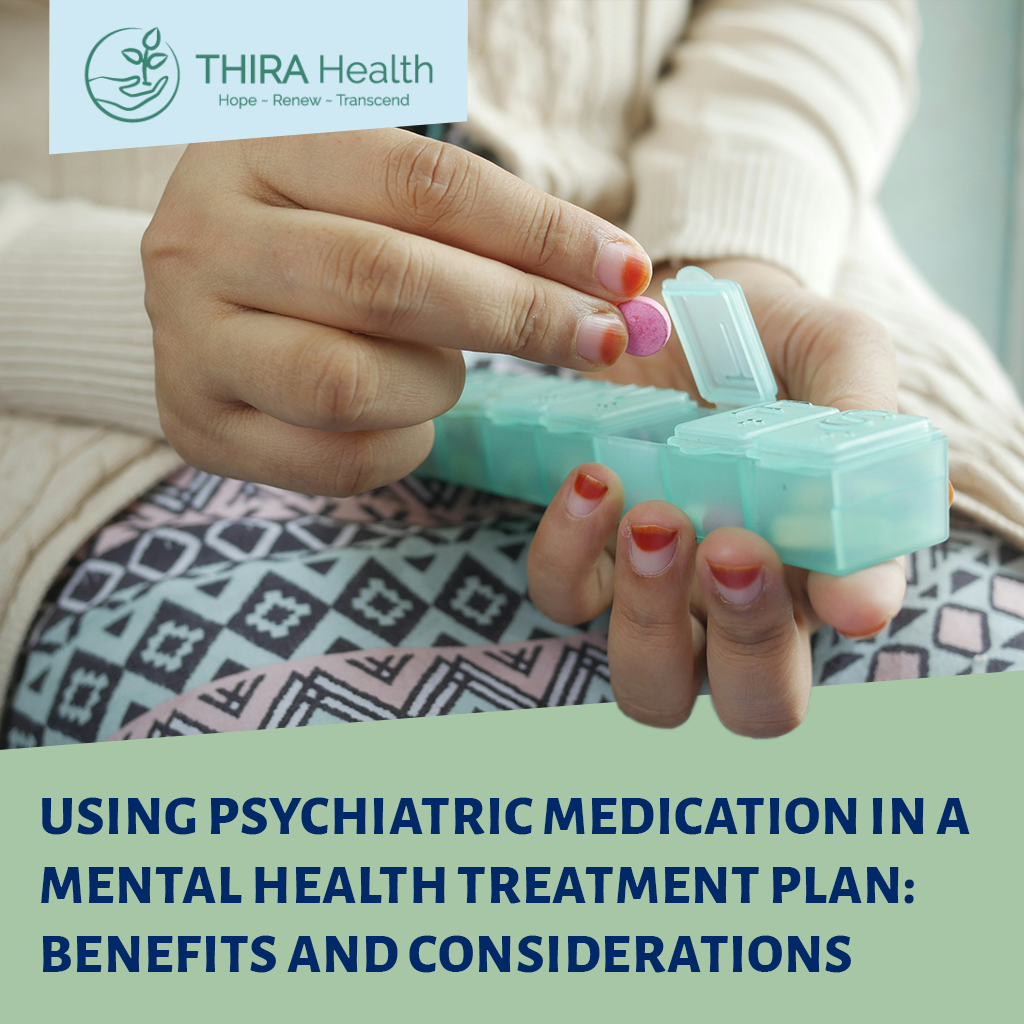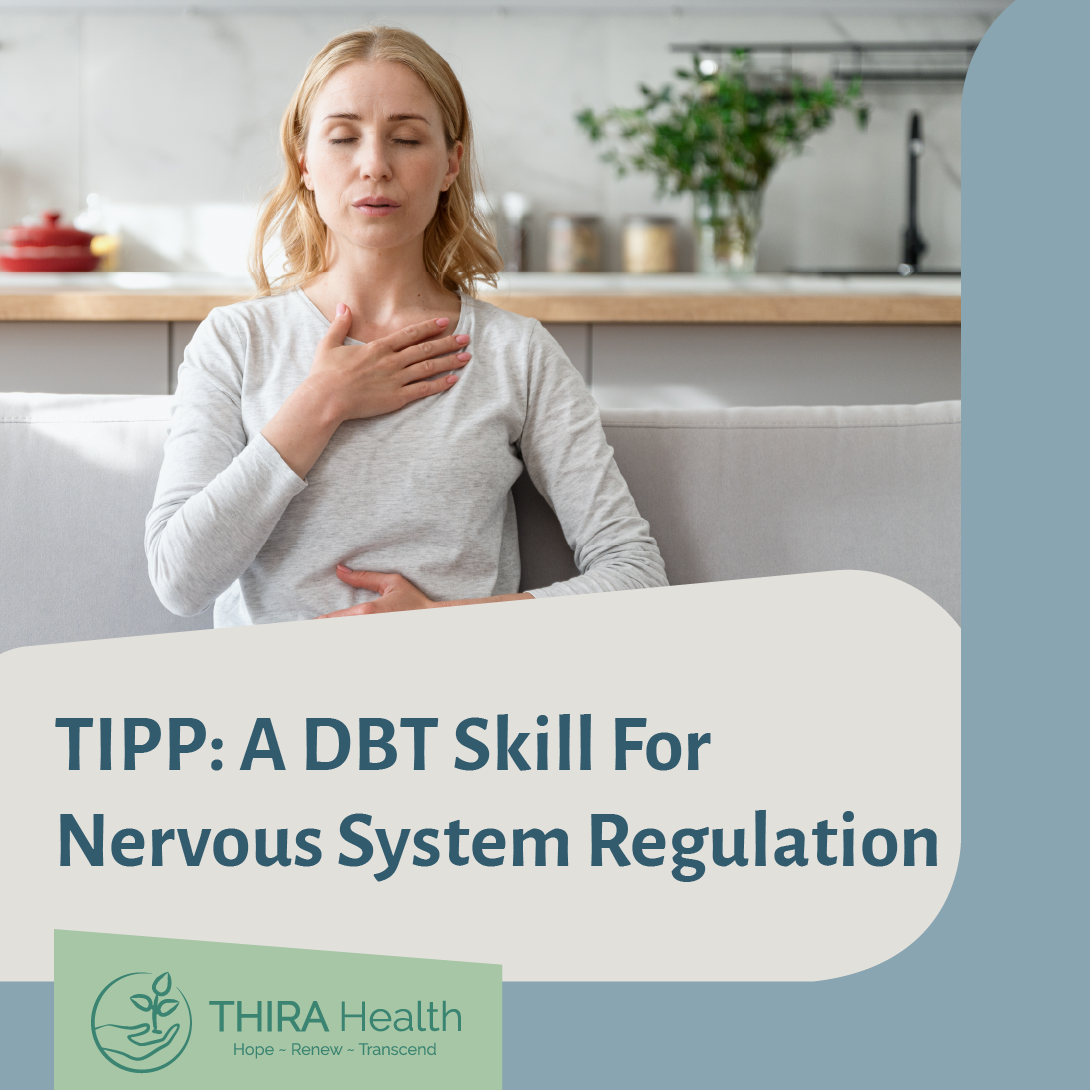Our lives begin within a system; one most often made up of parents, family friends, aunts and uncles, cousins, peers, and siblings. Our siblings are often our first friends, our first role models, and our first exposure to arguments (over toys, perhaps, but there is always something to argue about). The bonds we build in childhood speak deeply to our sense of belonging and can lay the groundwork for how we manage other relationships later in our lives. Siblings can play a significant role in how we learn to trust others, resolve conflicts, or give unconditional love.
In honor of National Siblings Day on April 10, we will cover ways in which sibling relationships can positively impact our mental health, as well as their potential challenges.
Benefits of a Healthy Sibling Relationship
Research shows that 80% of people in the United States grow up with at least one sibling (whether biological, half, step, or adopted). An article from the University of New Mexico states, “Given that children and teenagers are more likely to confide in their siblings, they may also turn more readily to their siblings as a source of support. This piece is critical, because we know that one of the biggest risk factors for developing youth is suffering in isolation. The ability for young people to express their feelings to anyone – sibling, parent, or friend – can be highly therapeutic and can prevent a worsening of depressed mood or anxiety. Finally, siblings can serve as a sounding board for one another before trying things out in social settings. There is evidence to suggest that healthy sibling relationships promote empathy, prosocial behavior and academic achievement.” With this evidence for the benefits of our sibling relationships, it’s worth peering into what can make these particular connections so valuable and lasting.
We will specifically look at tips for maintaining meaningful sibling relationships.
- You can bond over your shared experience and feel closeness.
Childhood is a critical time of development in our lives. Even when we have a sibling to co-experience it with, often our ability to feel close to them differs to the degree that we share similar perspectives about what family life was like growing up. However, our view of the past often differs according to parental expectations placed on us, gender norms, or our history of mental health. As the eldest of five, for example, you may have been expected to step in as a caretaker for your younger siblings. If you were the only sister among brothers, you may have borne the majority of responsibilities for the household.
When you struggle with mental health, or your sibling does, that can similarly shape the story you tell yourself about your life growing up. Many siblings feel a strain in their relationship due to trauma, adversity, or resentment toward the family. When you and your sibling can share your narratives and feel like a team weathering the storms of life, true closeness arises.
- Your friendship doesn’t feel like an obligation.
In many cultures worldwide, it is normalized that caring for your family ranks as a high priority throughout your life. Many cultures often demand that you demonstrate support – for some out of obligation and others out of love and loyalty.
Our relationships with our siblings can sometimes feel forced depending on the dynamics of your own family. We hear as kids, “be nice to your brother/sister,” “share your toys,” or “love each other.” However, when friendship is chosen between siblings in adulthood, it can feel like a place of relief and excitement versus something done for the sake of family duty.
- You support each other’s goals.
Sibling rivalry can arise out of perceived favoritism, comparison games, or feelings of inadequacy based on a parents’ or family’s expectations of success. It can be exhausting to fight for recognition or space, particularly in busier or more chaotic households. Siblings can bridge that disconnect by intentionally and faithfully supporting one another’s dreams and goals as a rebellion against the age-old traditions of “outdoing” one another.
As stated earlier, a positive sibling relationship can provide guidance on our relationships with others. If we have a firm foundation in which to expect reciprocal love and understanding, those feelings can trickle into our own sense of worthiness and self-acceptance. THIRA Health’s work with women and their allies often necessitates the contributions of siblings, who can speak clearly and sometimes profoundly to how patients see the world.
Negative Impacts of the Sibling Relationship
On the other hand, lifetime struggles, such as violence, addiction, incarceration, legal trouble, financial difficulties, or other relational problems, can sometimes be traced back to less supportive sibling relationships.
Here are a few signs of sibling relationships that may be more draining than rewarding.
- Childhood pain often arises in conversation and results in hurt feelings.
When we hold unresolved trauma or pain from our childhood, our siblings can often be the people we lash out at and blame when things in our lives veer off course. If they are not the cause of the trauma then blaming them is pointless, especially when they may have a unique insight into past ordeals if they were present or aware of them. Blaming them unfairly may also give rise to a sense of guilt if we come to realize, that they truly are not to blame.
If they were the cause of the trauma, then determining the degree of connection that is wanted with them as an adult is an important first step. Be honest about the impact of their actions or inactions and the impact to you. Communicate clearly as to what limits you have within the relationship now in terms of physical closeness, frequency of contact, and topics of conversation.
Some children assume the role of caretaker for their sibling, in childhood, or even as adults. This asymmetrical dynamic can create a culture that can foster resentment that significantly alters the relationship between you. If past hurts make up the center of your relationship, it may be necessary to have open dialogue about the past in order to create opportunities for a new future.
- Defensiveness and name-calling make up most of the relationship.
Similar to when we are kids and call each other mean names when we’re hurt or angry, the same types of behavior can trickle into adulthood if not properly managed. Unhealed wounds or perceptions about what life was like growing up together can result in challenging communication patterns.
- Your time and energy is overtaxed by sibling requests
Siblings who share closeness might go to one another for help managing their own relationships, whether with family or other significant people in their lives. As children, we might have confided in our siblings or sought guidance or support due to physical proximity. As adults, even with strong sibling relationships, we are sometimes overtaxed in what we are able to give. Geographical moves and life changes such as taking on new roles (e.g., marriage, parenthood, school, career) may change our ability to be fully present for our sibs. Repeated requests for more risk overwhelming and overstepping in the relationship. If your sibling asks more than you can or want to give, be honest. Let them know what is possible for you at this time in your life.
While sibling relationships can sever just like any other familial tie, they can also be repaired and function as an integral part of healing. In our work with adolescent and adult women living with anxiety, depression, and eating disorders, help individuals build skills to improve and maintain meaningful relationships, such as those within the family. For this reason, we often incorporate family therapy sessions in the healing process for our patients.
To learn more about how family therapy can help you or a sibling in your journey to mental wellness, contact us now!
